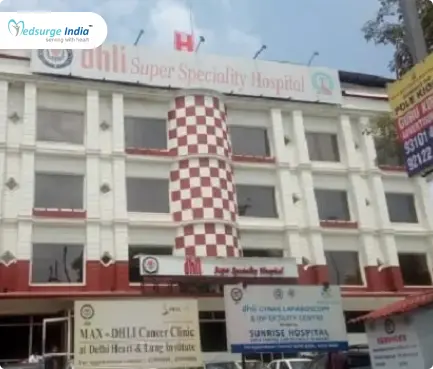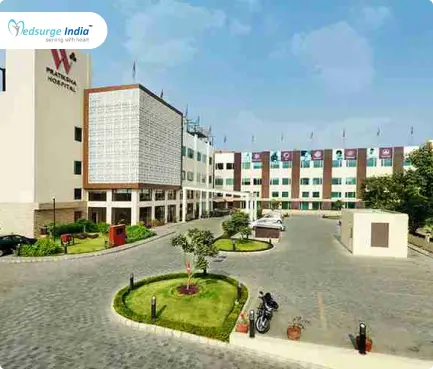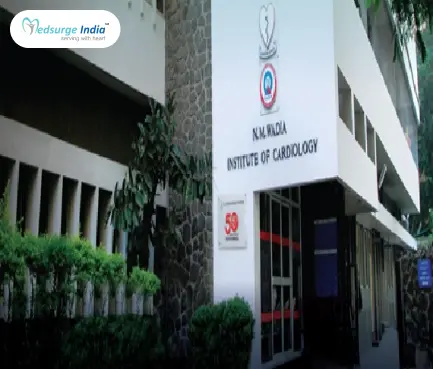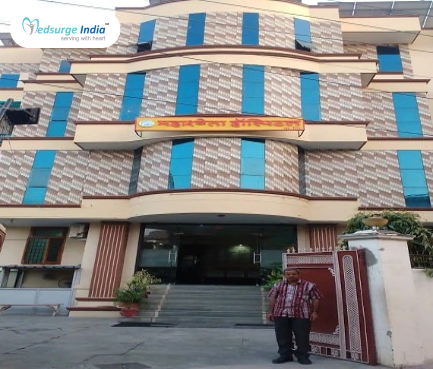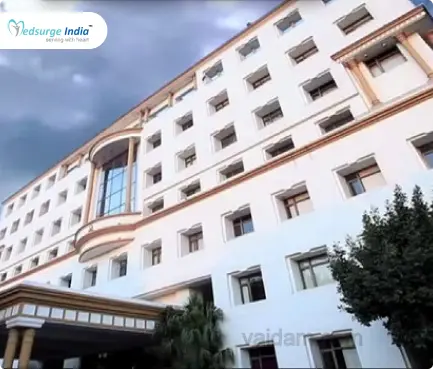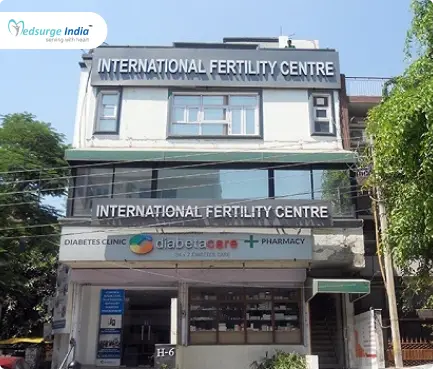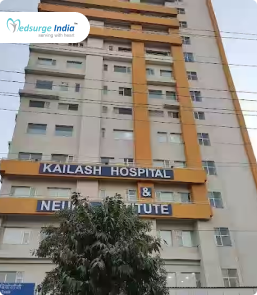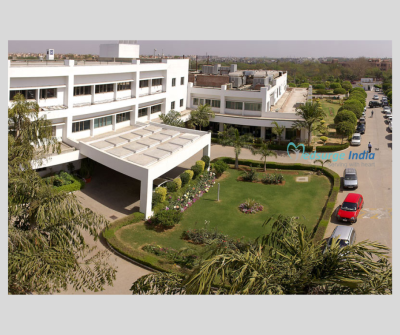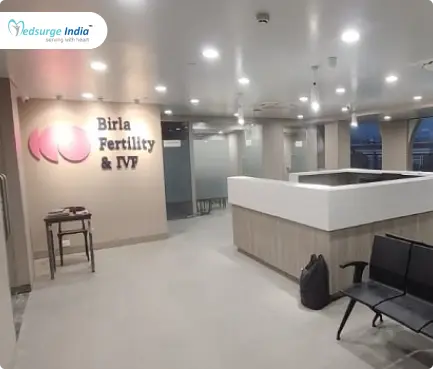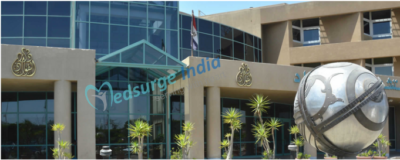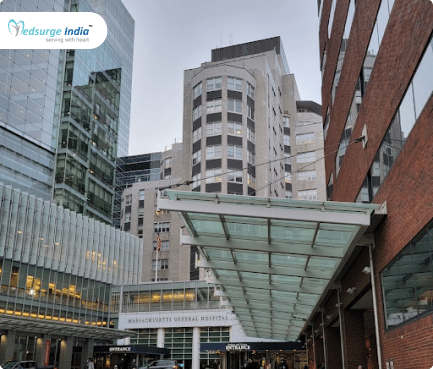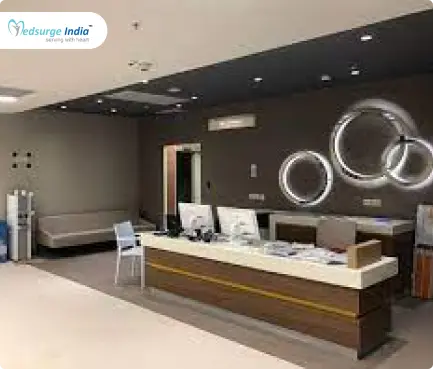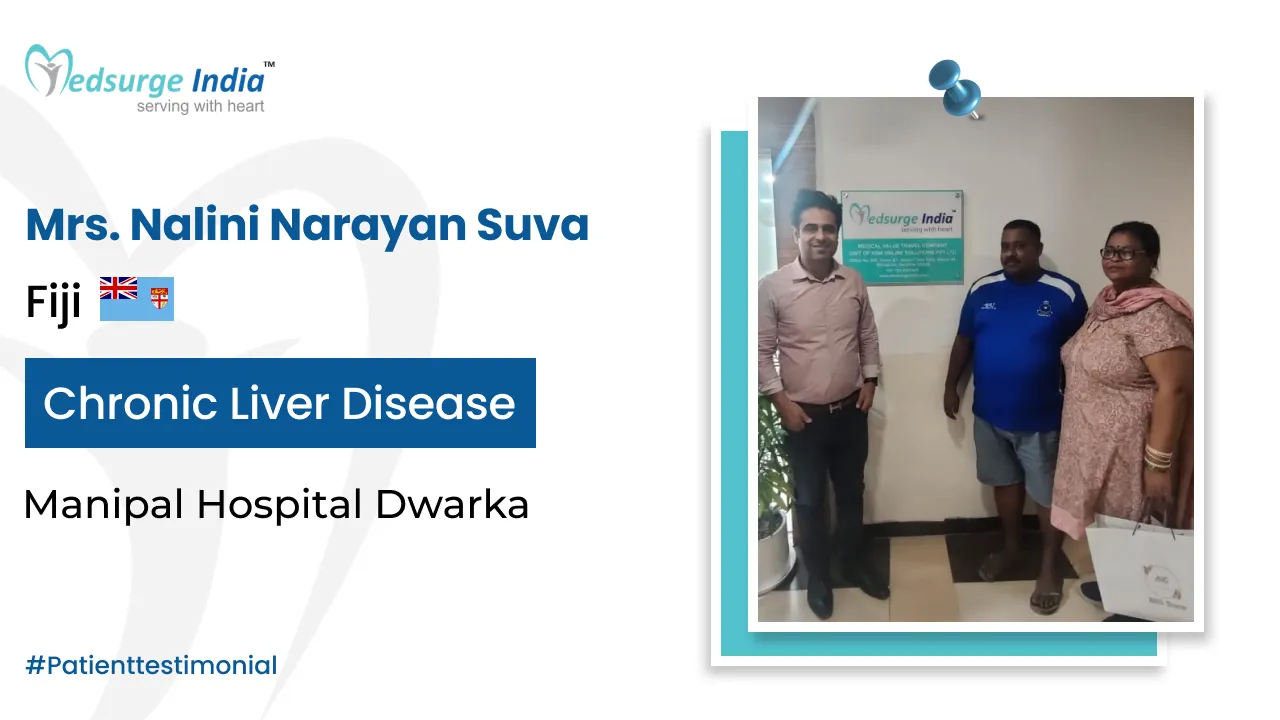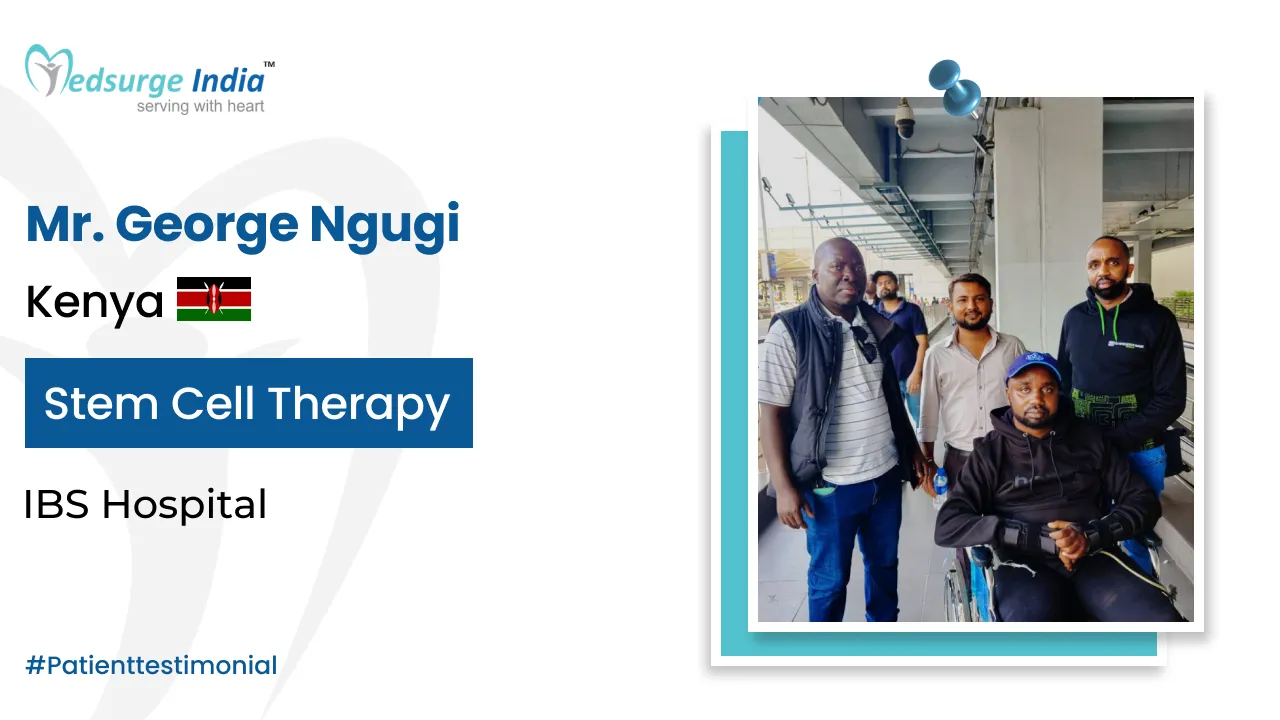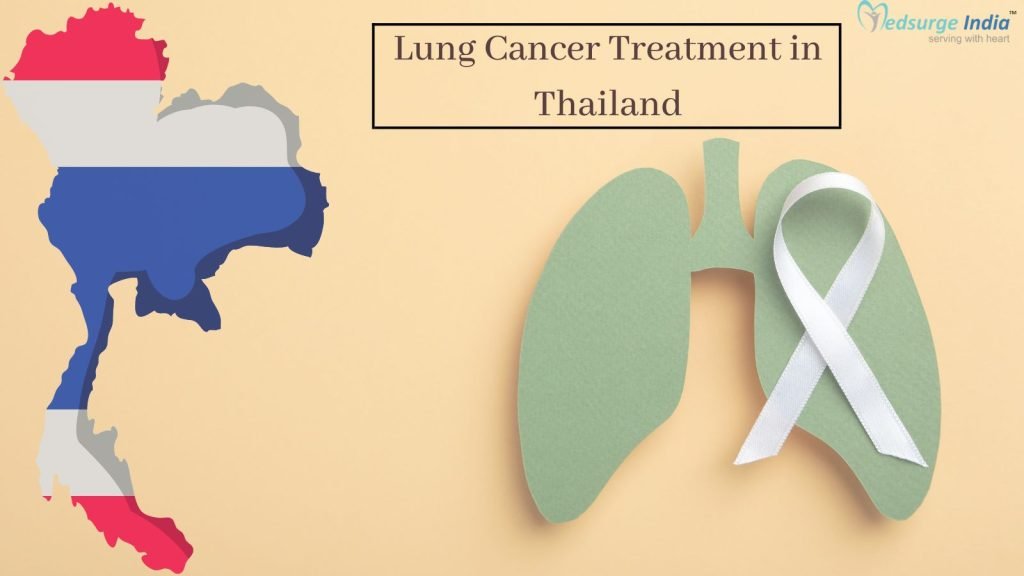
Lung cancer is the most common cause of cancer-related death worldwide. Lung cancer can often be avoided. Inhaling cancer-causing substances such as tobacco smoke may result in lung tissue changes or precancerous changes soon after exposure. Two flexible organs in your chest called your lungs allow you to breathe in oxygen and exhale carbon dioxide. Lung cancer can develop in people who have never smoked, but smokers are more at risk than nonsmokers. The number and frequency of cigarettes you’ve smoked increase your risk of lung cancer. Even after years of smoking, quitting can significantly reduce your risk of developing lung cancer. With the right medical facilities and a well-planned approach, lung cancer treatment in Thailand is possible. In Thailand, cancer patients are treated with MRI and other imaging modalities that are risk-free, pinpoint the tumor site and can be reasonably precise in identifying the type of tumor/cancer and providing some insight into the prognosis. A variety of treatments are used to treat the illness, including surgery and chemotherapy.
When compared to the United States, the United Kingdom, Germany, and other countries, the cost of lung cancer treatment in Thailand is significantly lower. Selecting a top medical facility can help international patients save a lot of money on expensive cancer treatments. Malaysia, India, Turkey, Dubai, and other countries are among them.
What Is Lung Cancer?
Lung cancer develops as a result of unregulated cell division in the lungs. Your cells naturally divide and create additional copies of themselves. However, occasionally they experience modifications (mutations) that lead them to continue producing more of themselves when they shouldn’t. The uncontrolled division of damaged cells results in tissue tumors, which eventually prevent your organs from functioning properly.
Doctors divide lung cancer into two major types based on how the disease manifests in microscopic lung cancer cells. Your doctor will decide how to proceed with therapy based on the primary type of lung cancer you have.
The following are the two primary types of Lung Cancer:
- Lung Cancer with Non-Small Cells (NSCLC): Numerous lung cancers are referred to as “non-small cell lung cancer.” Non-small cell lung cancers include squamous cell carcinoma, adenocarcinoma, and large cell carcinoma.
- Lung Cancer with Small Cells (SCLC): Compared to non-small cell lung cancer, small cell lung cancer is less common and primarily affects heavy smokers.
Why Is Thailand a Top Destination for Lung Cancer Treatment?
Medical tourism in Thailand is the finest country for a variety of reasons. Despite the fact that the Covid epidemic has largely paralyzed the world, Thailand’s medical hub has expanded. During the crisis, investors, decision-makers, businesspeople, and academics saw opportunities in all aspects of healthcare. Patients from all over the world choose Thailand’s top hospitals due to a number of extra benefits, including access to state-of-the-art facilities, the flexibility to combine vacation and leisure time with treatment, and the simplicity of acquiring a visa.
The majority of medical tourism in Thailand is for major procedures including cancer treatments/ surgery, gender reassignment surgery, heart surgery, cosmetic surgery, and dentistry, as well as for preventative care and alternative medicine. Thailand welcomes a large number of medical tourists from other Asian countries. Thailand is recognized for providing a wide range of operations performed by medical specialists who were educated in Western countries. Additionally, a lot of doctors speak English well in order to deliver top-notch care.
An overview of Thailand’s medical benefits
- The price is quite affordable. In Thailand, healthcare is affordable, especially if your health insurance pays all or some of the costs.
- Beautiful lodging options can be found in Thailand near a number of tourist sites. It is the perfect place to unwind and recover from the following therapy.
- The tropical climate frequently quickens the healing process.
- English is a common language among Thailand medical personnel. As a result, you shouldn’t worry about a possible communication breakdown.
- Thailand is a travel destination that is fairly priced. You travel on plush airlines, and tickets are frequently very affordable.
- Thailand rarely has lineups, unlike many Western countries. Surgery scheduling is comparable to vacation planning. When it’s convenient for you, you receive care.
Know More – Best Medical Treatment in Thailand
Get Free Cost Estimation
Procedure
What Are the Types of Treatment Available in Thailand?
There are many treatment options depending on the type of lung cancer and how far it has gone. Patients with non-small cell lung cancer may be treated with surgery, chemo, radiation, targeted therapy, or a combination of these therapies. Small-cell lung cancer patients are usually treated with chemotherapy and radiation therapy. Below are some of the procedures done for treating lung cancer:
Surgery
Your surgeon works to remove the lung cancer along with a margin of healthy tissue during surgery. Lung cancer removal techniques include:
- Using a wedge resection, the tumor-containing lung tissue and a margin of healthy tissue are removed.
- Using a segmented resection to only remove a piece of the lung rather than a whole lobe
- To remove one lung’s whole lobe, do a lobectomy.
- A complete lung is removed during a pneumonectomy.
If your cancer has spread outside of your lungs, surgery can be a possibility. In order to decrease a larger lung cancer before surgery, your doctor might advise chemotherapy or radiation treatment. Your doctor may advise chemotherapy or radiation therapy following surgery if there’s a chance that cancer cells were left behind or if your cancer might relapse.
Radiation Therapy
High-powered energy beams from sources like X-rays and protons are used in radiation treatment to kill cancer cells. You lie on a table during radiation therapy as a machine rotates around you, directing radiation to specific areas of your body.
Radiation may be administered either before or after surgery for patients with locally advanced lung cancer. It frequently goes hand in hand with chemotherapy treatments. Combining chemotherapy and radiation therapy may be your main course of treatment if surgery is not an option. Radiation therapy may assist in symptom relief for advanced lung malignancies and those that have spread to other body parts, such as discomfort.
Chemotherapy
Drugs are used in chemotherapy to kill cancer cells. It is possible to get one or more chemotherapy medications intravenously or orally. A series of treatments using a combination of medicines are often administered over a few weeks or months, with intervals in between to allow for recovery. After surgery, chemotherapy is frequently administered to eradicate any cancer cells that could have survived. Radiation therapy may be coupled with it or used alone. In order to make malignancies smaller and easier to remove after surgery, chemotherapy may also be administered. Chemotherapy may treat advanced lung cancer patients’ discomfort and other symptoms.
Targeted Drug Therapy
Targeted medication therapies concentrate on particular defects prevalent in cancer cells. Targeted medication therapies can kill cancer cells by preventing these aberrations.
Although there are numerous targeted treatment medications available, the majority are only prescribed for patients with advanced or recurring cancer. Certain genetic alterations in cancer cells are only present in patients who can benefit from targeted therapy. In a lab, your cancer cells may be examined to see if these medications could be beneficial.
Lung Cancer Treatment Cost In Thailand
Affordable Lung cancer treatment cost in Thailand starts from INR 4,00,000 (USD 4,800). The cost of cancer treatment is incredibly affordable in Thailand when compared to other nations. Additionally, the level of medical care and services offered there is on par with those of the greatest hospitals in the world. This is also the main reason why thousands of patients go to Thailand from around the world for medical care.
Lung cancer treatment costs in Thailand can vary depending on a number of criteria, such as:
- The price of treatment packages can depend on the hospital’s preference.
- Doctor’s competence and experience in the subject.
- The patient’s situation: The patient’s disease and whether additional modalities are required for comprehensive treatment.
- Duration of hospitalization and stay in the country.
- Need for post-operative care.
- Hospital room classification.
This is the main factor driving thousands of patients to Thailand from around the world for medical care.
Read More – Cancer Treatment Cost in Thailand
How to Choose Hospital in Thailand for Cancer Treatment?
Thailand’s cancer treatment facilities are recognized for their friendliness and consideration of their patients’ requirements. Some of Thailand’s finest oncologists who are authorities in their fields can be found working in these facilities. Choosing a reputable hospital for treatment as a foreign patient could be difficult. It is a significant decision that must be made while bearing various considerations in mind, such as:
- Quality certificates and accreditations
- Hospital and transportation facility location
- Team of doctors and surgeons
- Advanced diagnostic and therapeutic equipment
- International patient assistance
How Can Medsurge India Help?
Medsurge India is a prestigious support system for patients looking for doctors, hospitals, and specialized treatments. We’ll find the most suitable medical options for you. Regarding your medical issues, our team will give you a list of certified, reputable, and trusted doctors and hospitals. Additionally, we offer a treatment strategy that fits your budget. Apart, we assist patients with obtaining travel authorizations, medical visas, and a multitude of other things.
The Most Important Frequently Asked Questions
Q: What Lung Cancer Treatment Is Most Frequently Used?
A: Surgical procedures, radiation, chemotherapy, and immunotherapy are the most often used forms of treatment. You might get a mix of these therapies, depending on the type and stage of your cancer.
Q: Is Lung Cancer Completely Curable?
A: The cure rate for people with tiny, early-stage lung cancer can reach 80% to 90%. As the tumor becomes more advanced and includes lymph nodes or other body parts, the likelihood of recovery substantially decreases.
Q: How Much Time Does Stage 1 to Stage 4 Lung Cancer Take?
A: Early lung cancer is not immediately noticeable by any physical changes. Furthermore, patients with lung cancer may go for years without experiencing any signs or symptoms. For instance, it typically takes eight years for squamous cell carcinoma, a kind of lung cancer, to grow to a size of 30 mm before it is identified.
Q: What Are Lung Cancer’s Initial Symptoms?
A: The most typical signs of lung cancer include:
- A persistent cough that worsens or persists.
- Coughing out sputum that is scarlet or rust-colored (spit or phlegm)
- Chest pain frequently gets worse when you cough, laugh, or take heavy breaths.
- Hoarseness.
- Decrease in appetite.
- Unaccounted-for weight loss
- Respiration difficulty.
Q: Which Malignancies Have the Slowest Rate of Growth?
A: A rare kind of tumor known as a carcinoid tumor often develops slowly. Carcinoid tumors are malignant, although they are sometimes referred to as “cancer in slow motion” since they can develop over a long period of time without symptoms.


